1 Cor. 4: 1-5; Lk. 5: 33-39
1 Cor. 4: 1-5; Lk. 5: 33-39
The gospel today reminds us of Jesus’ proclamation, “I have come to make all things new.” The reading however brings to light our human struggle in accepting the new with the words, “The old is good.” We have a tendency to not like change. Change can be disruptive, it produces uncertainties. In the old there is familiarity, even if we know it has problems we are familiar and have adapted to those problems. We judge “the old is good” enough why change.
When a new priest is assigned to a parish the first concern is what will he change, “the old is good we are happy with status quo”. The change comes and the complaints start. Just when the new becomes old a change of priest is made and we start over again. The responsorial reminds us, “commit in the Lord your way; trust in him, and he will act”. If we trust in him then we withhold judgment. If we trust in him we become what is new to mold us and fashion us in the potters hands. If you take putty the more you mold it in your hands the softer it becomes. If you let it sit for a long time it becomes hard, dry, and brittle. God needs servants who he can mold to serve the diversity of people in the world. The message of salvation is the same. How we come to the realization and revelation of the message is by being molded in Jesus’ hands as servants for the new evangelization. We have many opportunities to evangelize from birth to death such as in baptisms, weddings, funerals, visiting the sick, feeding the poor, and raising a holy family. The gifts to serve and evangelize are from God when we surrender into his hands.
St. Paul however reminds us in the first reading of the obvious for the church to function as one body. “Now it is of course required of stewards that they be found trustworthy.” Today all are speaking of the crisis in the church which at the heart of the crisis is a breach of trust. The community receives a new priest into the church to be a pastor. The priesthood is a call from God bestowed by the church. Being a pastor comes from the relationship between the priest and the people. It is a relationship not based on blind faith but found trustworthy as “stewards of the mysteries of God” by the good works. Faith and works make for true discipleship, builds trust, and builds God’s kingdom on a strong foundation.
Sadly and tragically we have had wolves in sheep’s clothing using the cover of the church violating the trust of the people. That in itself is a crime and a tragedy. The mishandling of the crime by the church is double jeopardy. The culture of our times trusts transparency not secrecy. Secrecy created a shadow of doubt and division. St. Paul reminds us, “do not make any judgment before the appointed time, until the Lord comes, he will bring to light what is hidden in darkness and will manifest the motives of our hearts.” The Lords has come bringing to light what was hidden and the time for penance, reparation, healing, and renewal is upon us. “He will make justice dawn for you like the light; bright as the noonday shall be your vindication.” For the victims the Lord, “is their refuge in times of distress…he delivers them from the wicked and saves them, because they take refuge in him.” Today we pray for deliverance and renewal within the church, “For the Lord loves what is right, and forsakes not his faithful ones. Deliverance and renewal will come but first there must be purification. Purification will be painful for it includes accountability and change. “Change” that word again to which there is resistance. We must all contribute as change agents through penance, prayer and trust in the Lord for he is faithful. The Lord will not abandon his bride the Church. In silence we pray and in justice we speak for change to be God’s will, “he will act”.
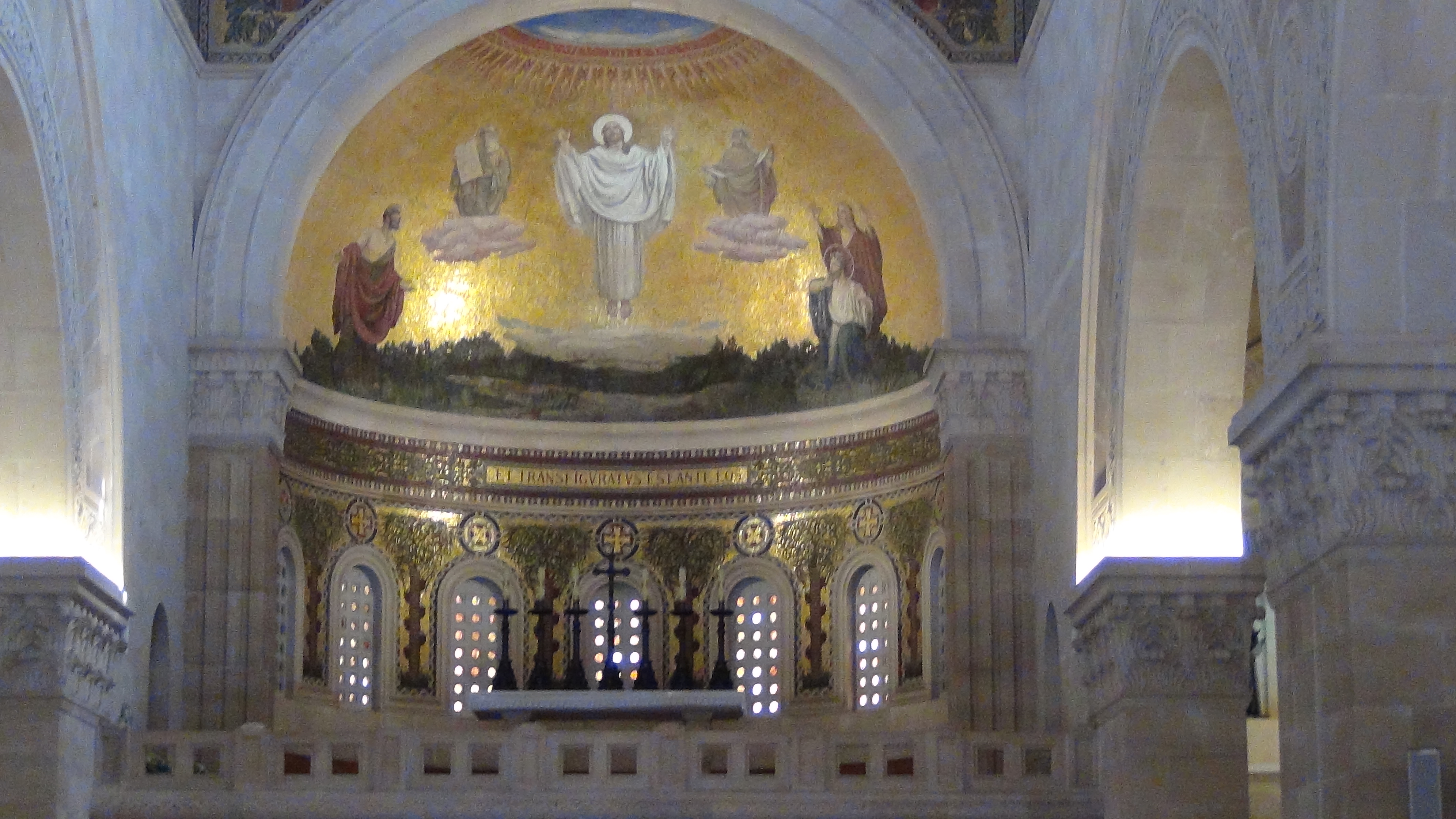


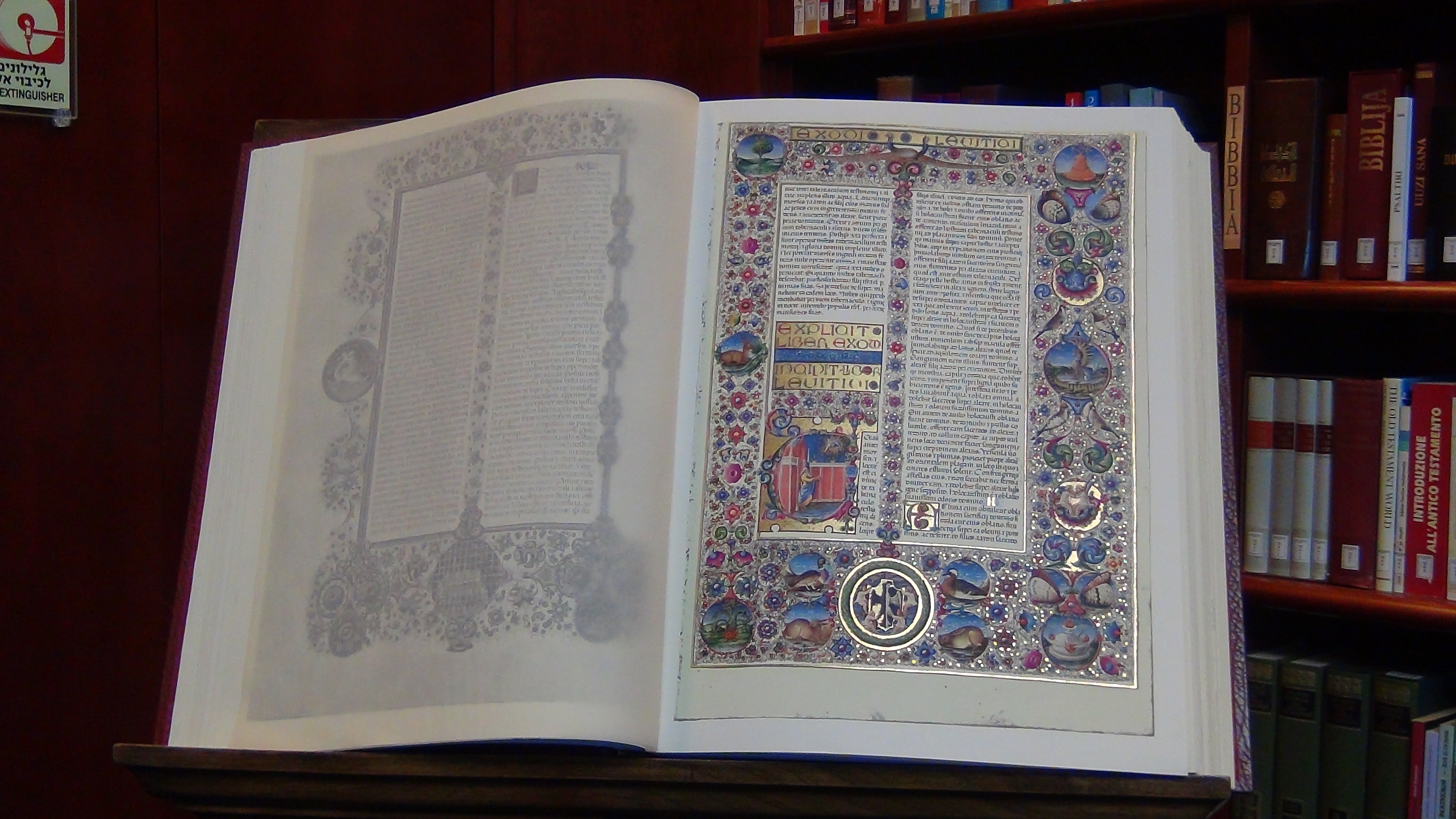

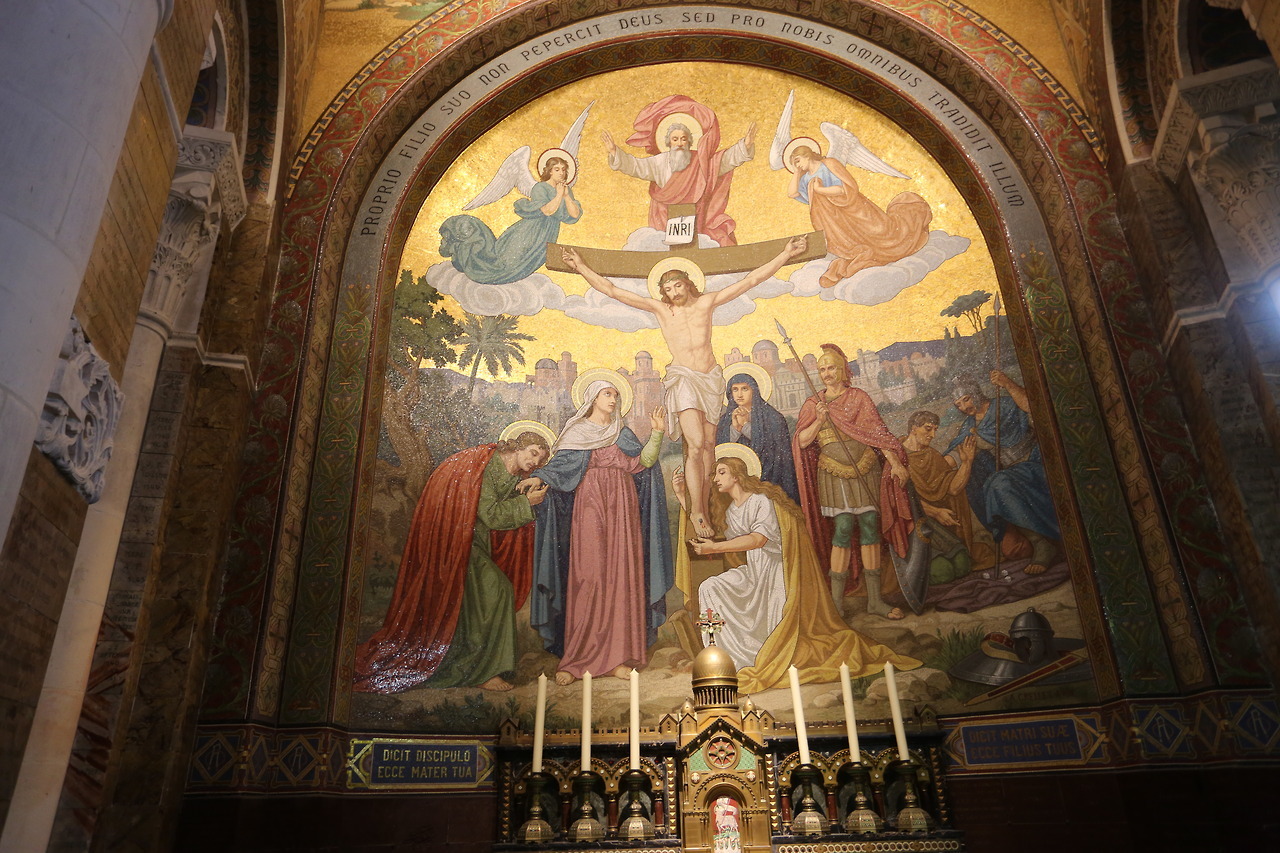

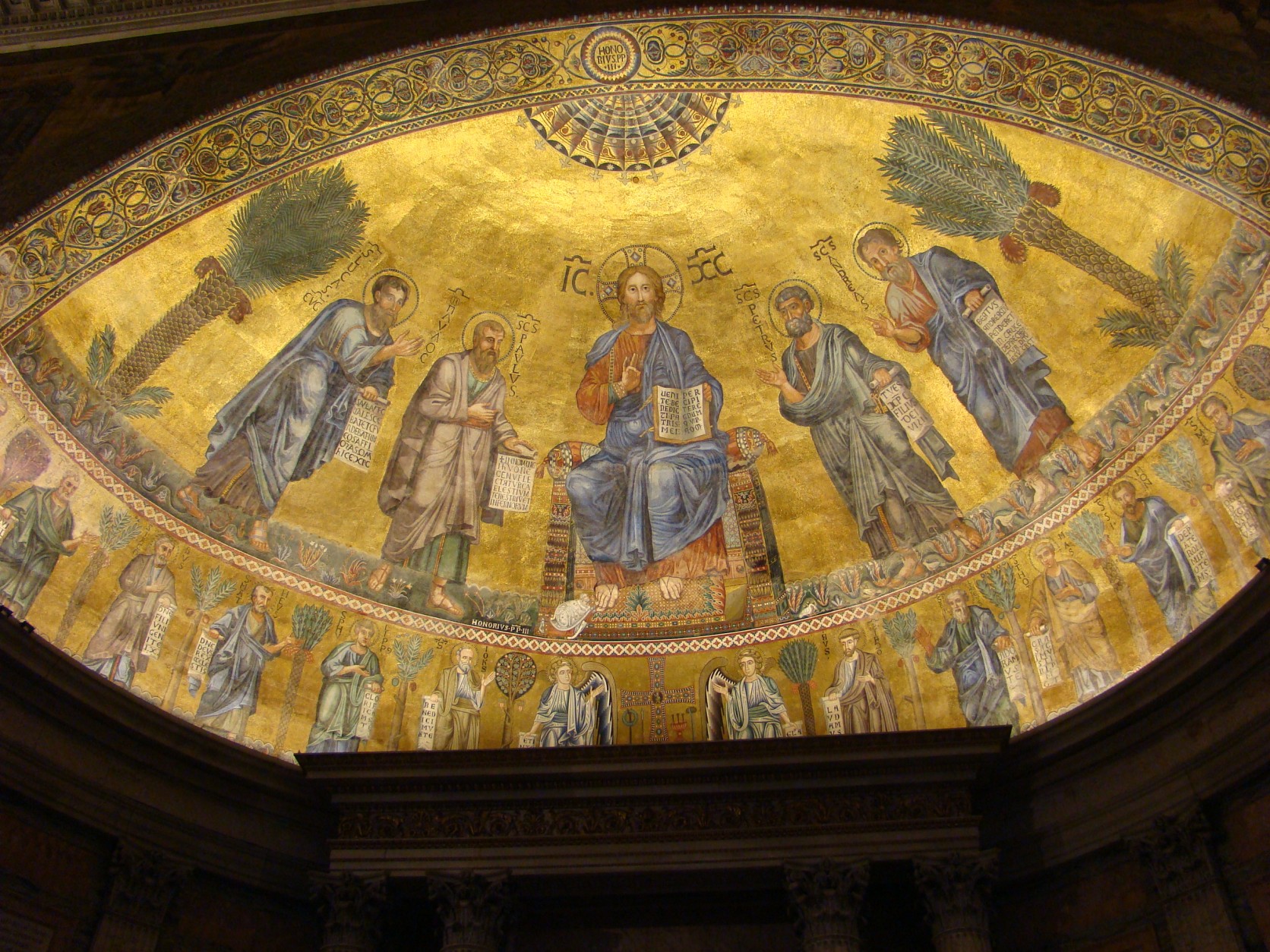





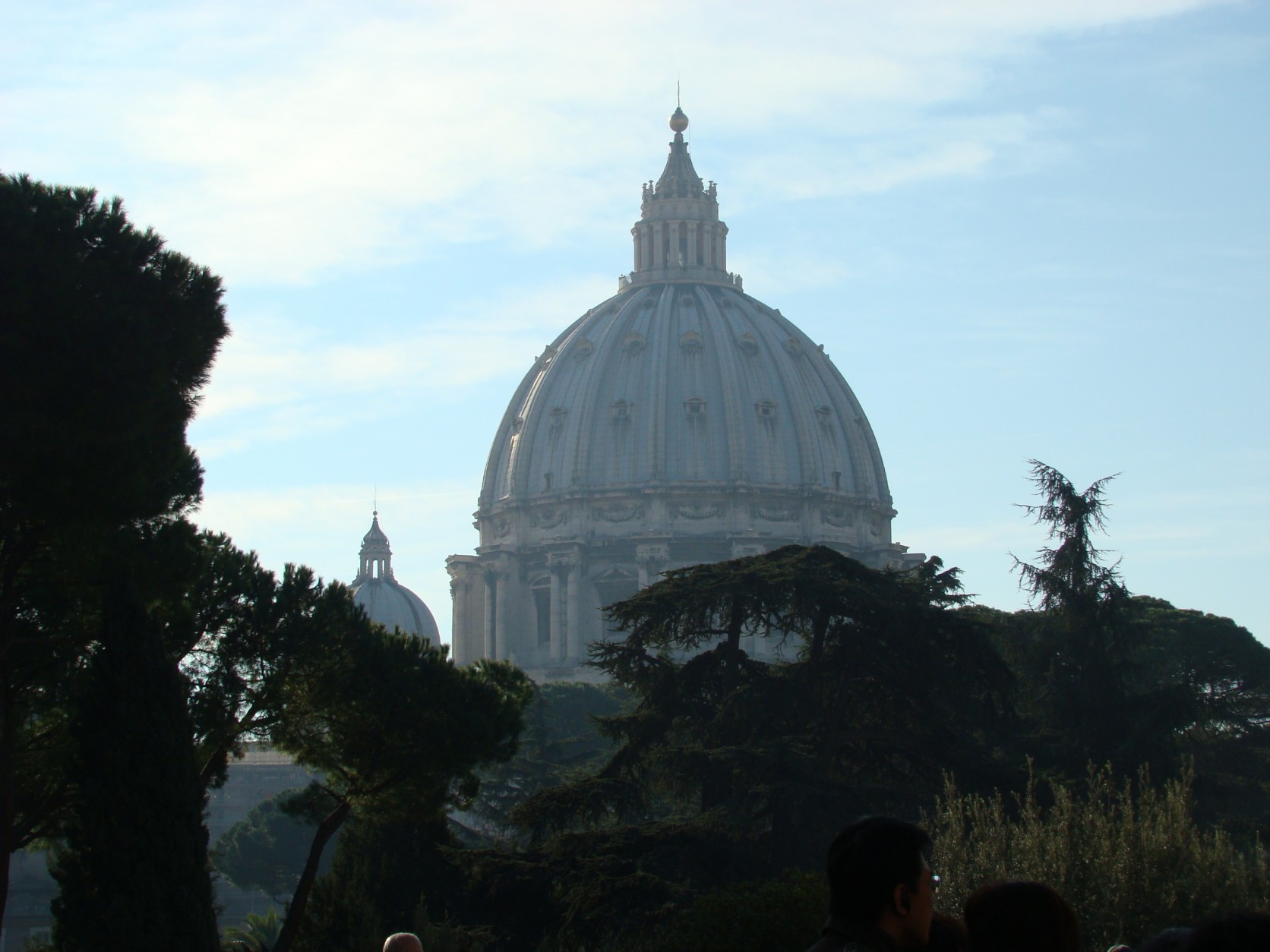

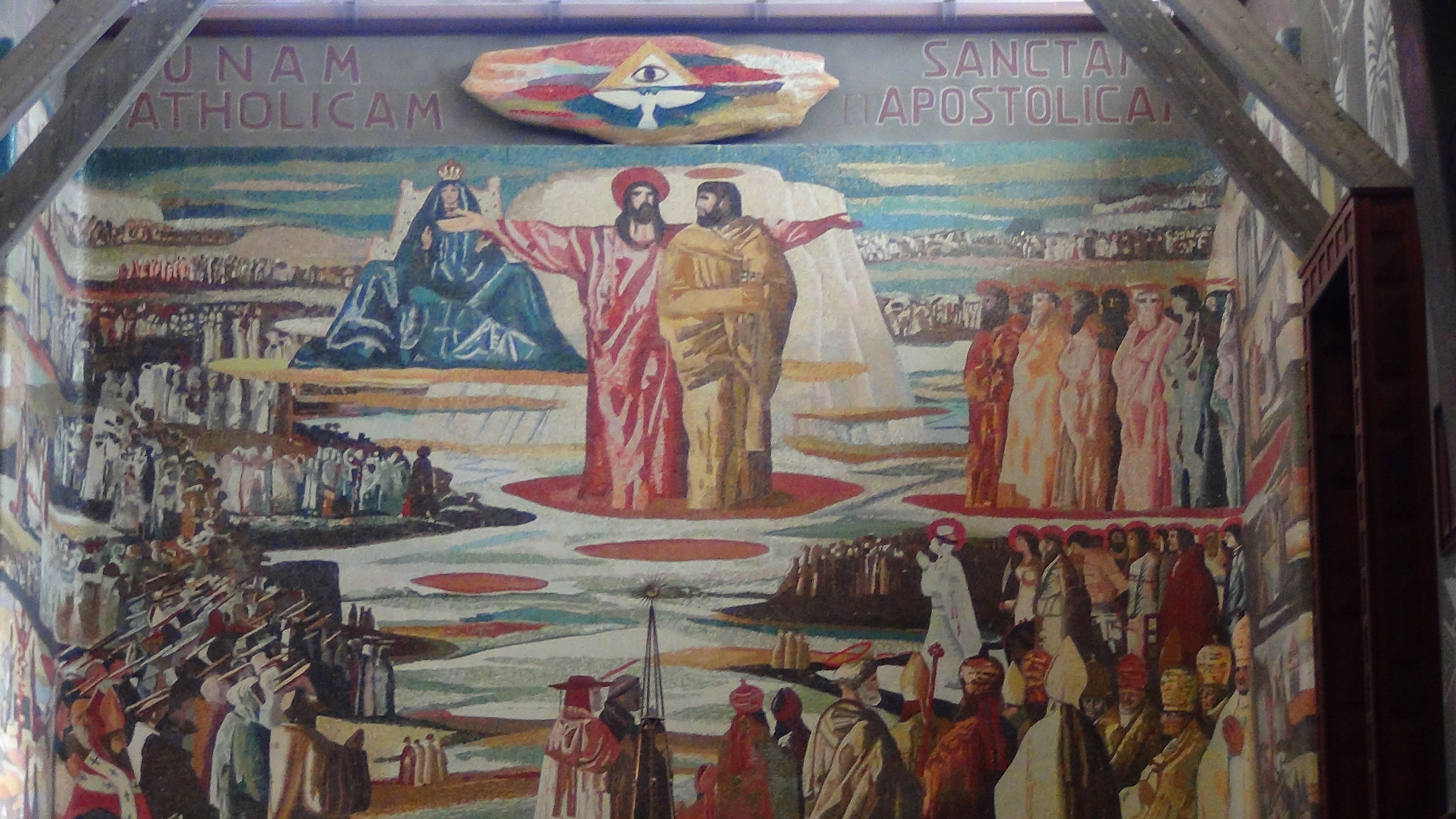

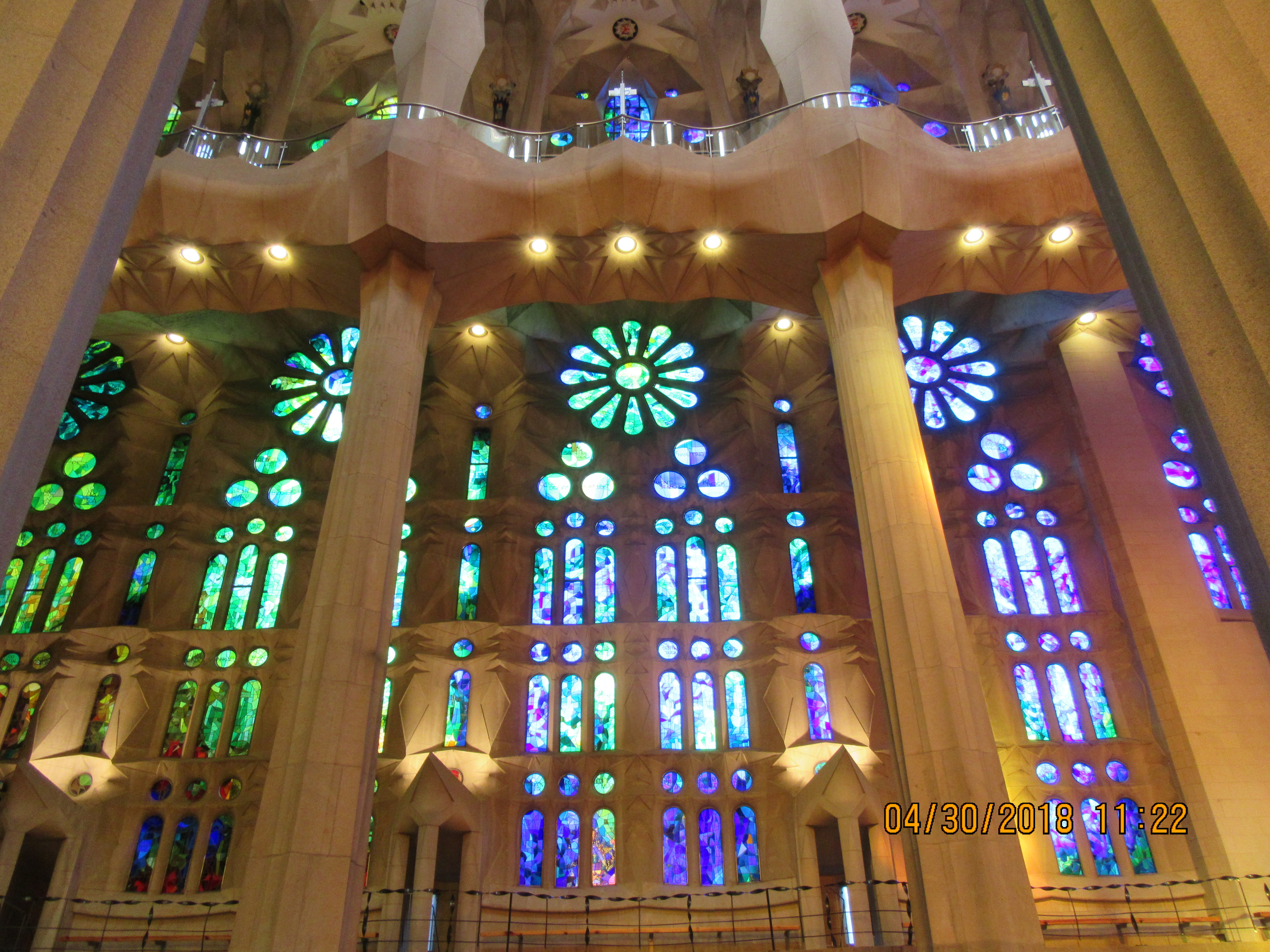



Recent Comments